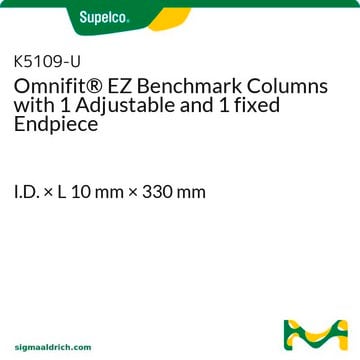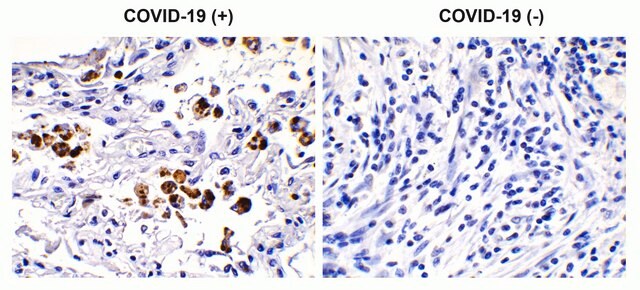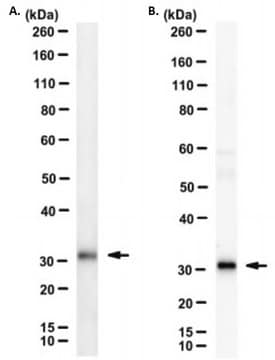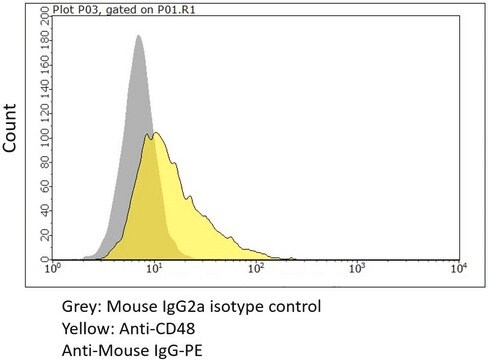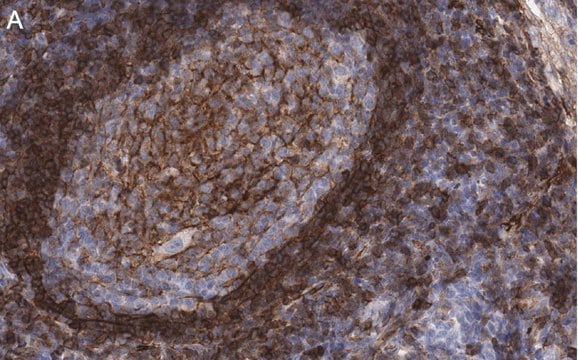MABF560
Anti-CD28 Antibody (human), FITC, clone CD28.2
clone CD28.2, from mouse
Sinónimos:
T-cell-specific surface glycoprotein CD28, TP44, CD antigen CD28
About This Item
Productos recomendados
origen biológico
mouse
Nivel de calidad
conjugado
FITC conjugate
forma del anticuerpo
purified antibody
tipo de anticuerpo
primary antibodies
clon
CD28.2, monoclonal
reactividad de especies
human
envase
pkg of 5 μL (0.5 μg/test)
técnicas
flow cytometry: suitable
immunohistochemistry: suitable
immunoprecipitation (IP): suitable
isotipo
IgG1κ
Nº de acceso UniProt
Condiciones de envío
wet ice
modificación del objetivo postraduccional
unmodified
Información sobre el gen
human ... CD28(940)
Categorías relacionadas
Descripción general
Inmunógeno
Aplicación
Inflammation & Immunology
Calidad
Flow Cytometry Analysis: 0.5 µg of this antibody detected CD28 in one million human peripheral blood lymphocytes.
Forma física
Almacenamiento y estabilidad
Cláusula de descargo de responsabilidad
¿No encuentra el producto adecuado?
Pruebe nuestro Herramienta de selección de productos.
Código de clase de almacenamiento
12 - Non Combustible Liquids
Clase de riesgo para el agua (WGK)
nwg
Punto de inflamabilidad (°F)
Not applicable
Punto de inflamabilidad (°C)
Not applicable
Certificados de análisis (COA)
Busque Certificados de análisis (COA) introduciendo el número de lote del producto. Los números de lote se encuentran en la etiqueta del producto después de las palabras «Lot» o «Batch»
¿Ya tiene este producto?
Encuentre la documentación para los productos que ha comprado recientemente en la Biblioteca de documentos.
Nuestro equipo de científicos tiene experiencia en todas las áreas de investigación: Ciencias de la vida, Ciencia de los materiales, Síntesis química, Cromatografía, Analítica y muchas otras.
Póngase en contacto con el Servicio técnico